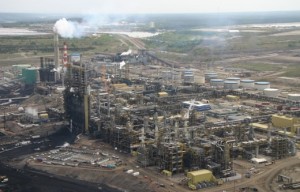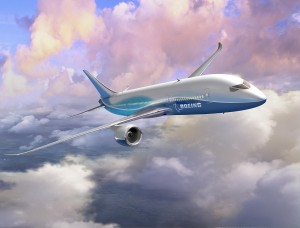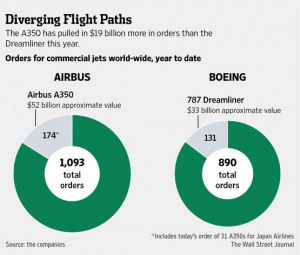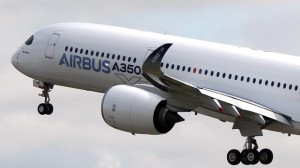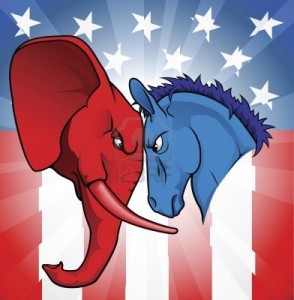It comes as no surprise that Canada is rich in resources. Recently, the conference board of Canada published a report that expects Canada’s natural gas industry to produce more than $1 trillion over the next 24 years. With emerging global markets particularly in Asia, the demand for oil and gas is expected to double from its $24.5 billion a year production between now and 2035. There are estimates that there will be over $386 billion in direct investment to keep up with demand. However, all of these projections are based on the fact that pipelines will go across BC and south of the border, which will be the main source of transportation.
The recent announcement that coincides with Prime Minister Stephen Harper attending the Asia-Pacific leaders’ summit conference in an effort to boost trade with the countries in South East Asia, Malaysia’s Petronas is committing $36 billion to build both a liquid natural gas plant in British Columbia and the pipeline to transport it with the eventual destination of South East Asia.
However, there are many opposed to the Northern gateway pipeline, which will transport oil across B.C to the tankers on the west coast of BC, and the Keystone Pipeline, which will transport oil to America. If Canada intends to tap on the potential of its natural resources, people will have to put aside their differences, because the entire country benefits from the increased revenue.
“Canada’s Natural Gas Industry Could Be worth $1 Trillion.” CBCnews. CBC/Radio Canada, n.d. Web. 08 Oct. 2013.
http://www.cbc.ca/news/business/canada-s-natural-gas-industry-could-be-worth-1-trillion-1.1211744
“Malaysia’s Petronas Commits $36 Billion to B.C. Gas Plant, Pipeline.” Thestar.com. N.p., n.d. Web. 08 Oct. 2013.

